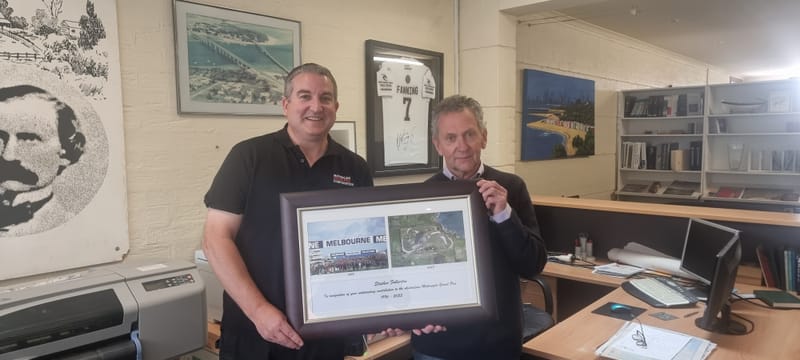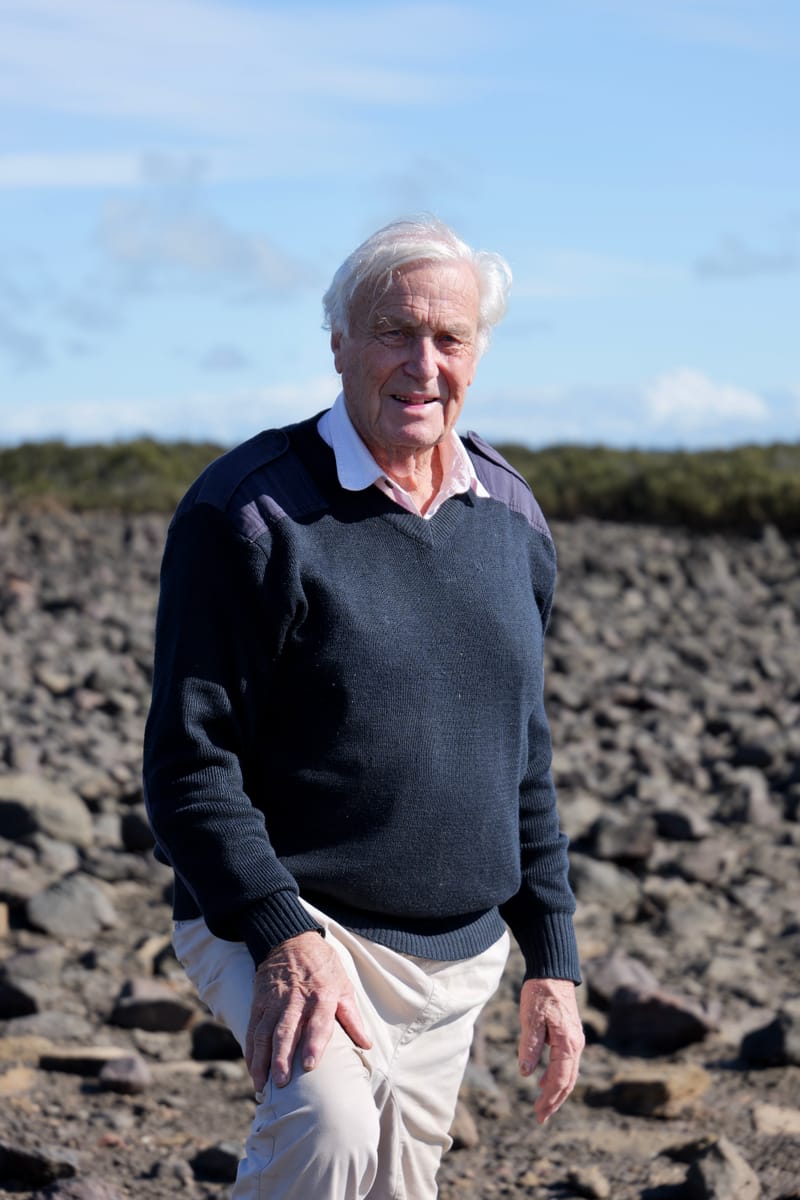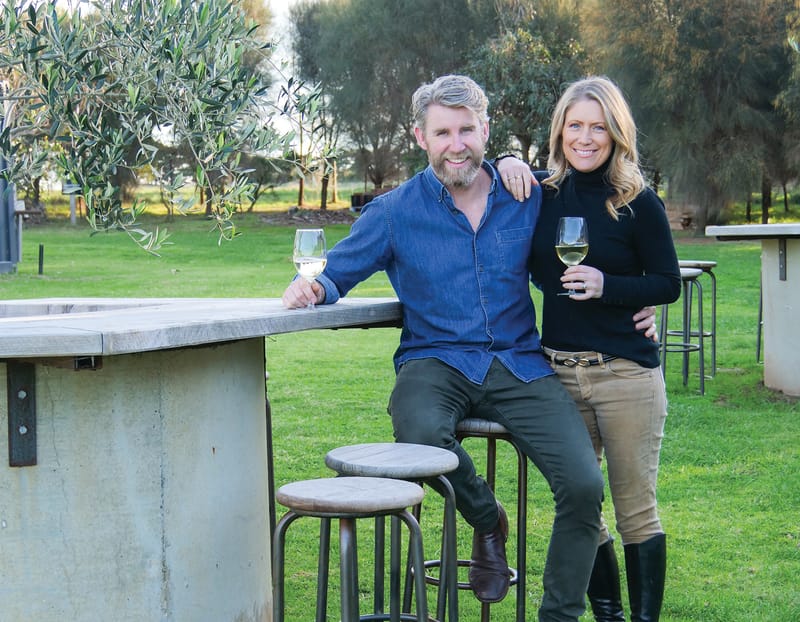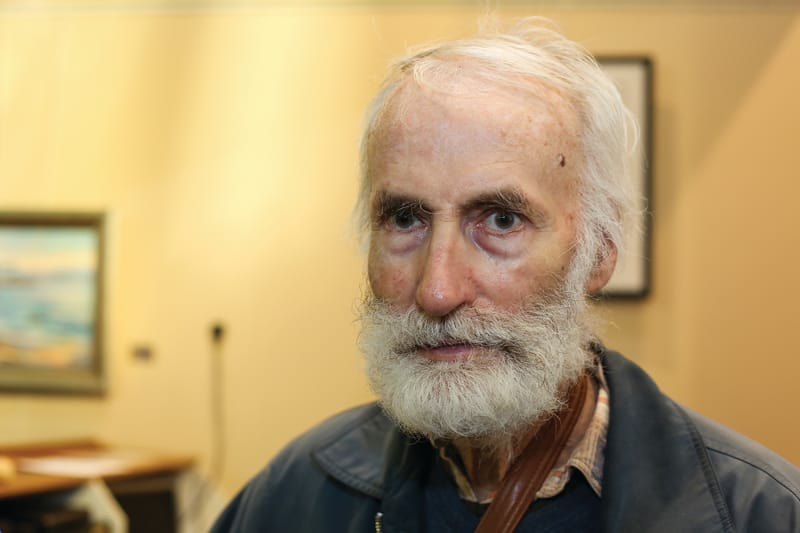Manning Clark
Described as “Australia's most famous historian”, Manning Clark (who died in 1991) was the author of the six-volume A History of Australia, published between 1962 and 1987. But for Phillip Islanders it is his “The Puzzles of Childhood”...
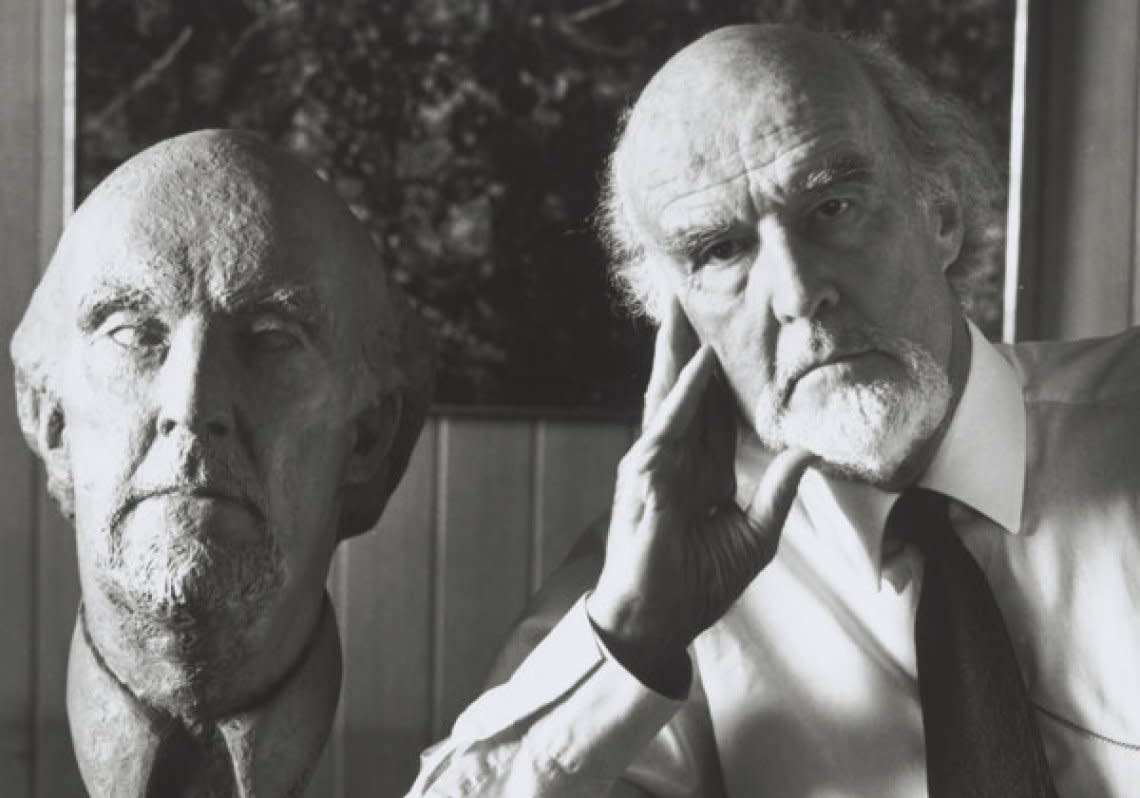
Described as “Australia's most famous historian”, Manning Clark (who died in 1991) was the author of the six-volume A History of Australia, published between 1962 and 1987.
But for Phillip Islanders it is his “The Puzzles of Childhood” published in 1989, that is his most enlightening book.
Manning’s early years were spent in New South Wales and Victoria, moving with his father’s shifting church ministries.
But the historian has made it clear his happiest memories of his youth were of the years 1922–24, when his father was the vicar of Phillip Island.
For Manning’s whole life, especially when reminiscing in public as an older man, he spoke of his love for the island—where he played cricket, fished, and went rabbit-shooting – experiences all detailed in The Puzzles of Childhood.
The book explains that Manning arrived in Cowes in 1922 when he was aged seven.
“Everyone has a Swanee River – the place where their heart is ‘turning ever’. Mine was, and always will be, Phillip Island,” he writes.
The island was a “people’s paradise”, “my nursery school in madness and folly”.
“There were so many characters on the island. It was possibly the best theatre show I ever attended. I loved both the setting and the people.”
Manning writes about characters such as Clarrie Williams and his father, who owned one of the two general stores in the main street of Cowes, who fascinated the young Manning because of his Light Horse uniform.
The Cleeland family are mentioned, most notably for their pack of dogs for rabbiting: “After the hunt there was always cake and a glass of milk back at the farm.”
He writes of rock fishing with May Sambell, one of the daughters of AKT Sambell “the businessman who wanted to convert Phillip Island from a place for chicory farmers into a tourist resort”.
“May was the only member of the Sambell family with whom I ever felt at ease. Her face was a map which I was never able to read.”
He recalls travelling on horseback, in a jinker, a buggy or a dray for picnic parties at the Nobbies and Pyramid Rock.
“Parties travelling to Rhyll were always glad when their vehicle did not get bogged in the Rhyll swamp.
“Snakes, the oldies said, could wind themselves around a wheel of the carriage and slither into the passenger area.”
Given the author’s love for the island, writing as an adult looking back on his childhood, there is also sadness in his words, observing later changes to island existence.
“In the main street of Cowes in the holiday season between Christmas and Easter cars were now seen. The locals gawked at them, seeing them like invaders from outer space. But their way of life was doomed.
“Old Charlie West told my father a horse would go into places where you could never take a car; “give me a horse any day”, he said.
“My Swanee River has been commercialised; the developers and the money-changers have had their victory.
“Now surfies turn their trannies on full-blast at Pyramid Rock and skin-divers spear those huge fish my father dreamed would one day take his bait.
But nothing can tear my Swanee River out of my heart.”


